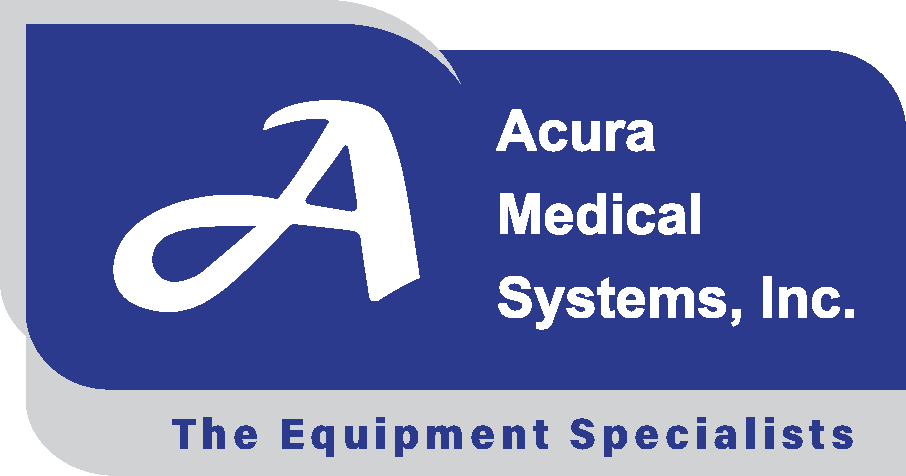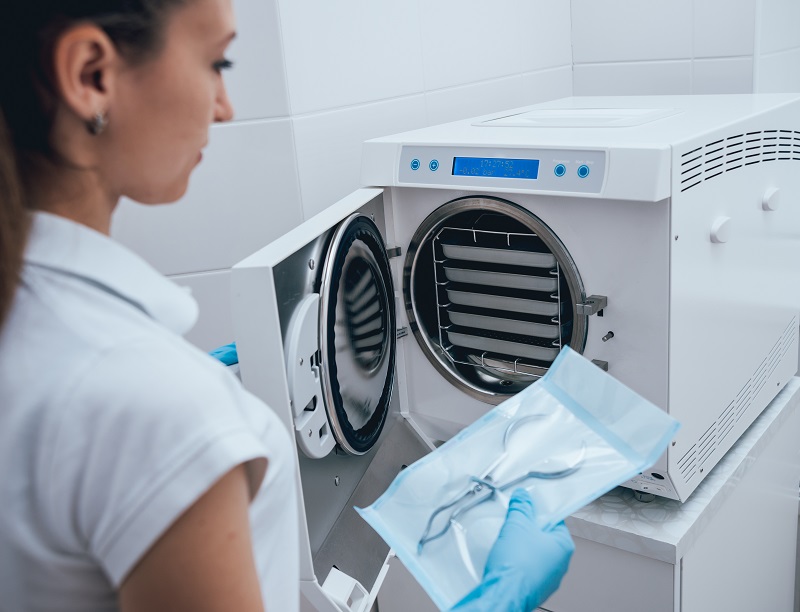Maintaining your dental unit and handpieces can help you avoid costly repairs and helps ensure the safety of your patients. You should set-up a process for your practice that every staff member follows, and staff should familiarize themselves with the dental unit and have access to the manual. You should also have your dental unit checked annually by qualified Technicians to confirm it is safe for use and potentially address any issues before they impact your ability to do procedures.
Always refer to the manufacturer’s manual for maintenance and cleaning of your dental unit and handpieces.
See below for tips on maintaining your dental unit and handpieces.
You should check your equipment every day before starting procedures to make sure it is in proper working condition.
- If your dental compressor takes oil, does it have the appropriate amount?
- You should also think about what backup you have in place if any of the equipment fails during a procedure. Do you have a backup handpiece to use if yours stops working mid-procedure? Do you have a spare turbine available?
- Always lubricate your handpiece before use. Press the pedal for 8-10 seconds to make sure the lubricant works its way through the handpiece. Always lubricate your handpiece before autoclaving it at the end of the day. Refer to the manufacturer’s manual.
- Check to make sure your highspeed handpiece is working at the correct pressure.
- Check to make sure you can increase and decrease the water flow on your highspeed handpiece.
- Check the tip length on your ultrasonic scaler. Many manufacturers provide an easy-to-use printed card to show wear and indicate when the tip should be replaced.
- Check your compressor to make sure the drain valve is closed.
At the end of every day, you should wipe down the dental unit and sterilize your handpieces.
- Never autoclave your highspeed handpiece with a bur inserted, and never autoclave the lowspeed handpiece with a prophy angle on it.
- Drain your compressor tank at the end of the day to remove moisture.

